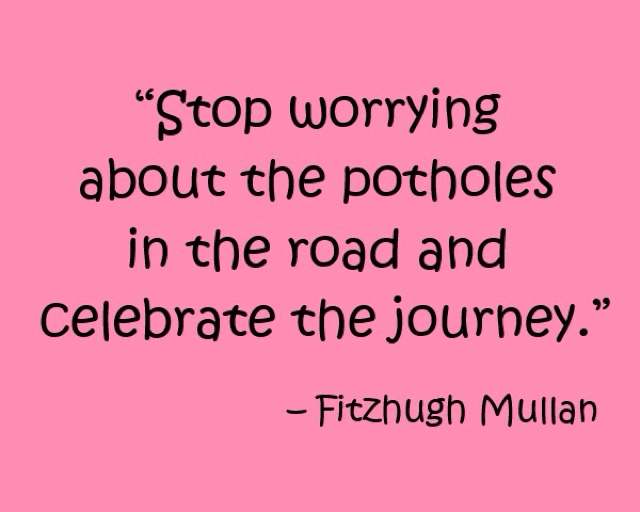The Drum
This piece of British imperial film from the 1930s would never have been my first choice for a weekend movie, but I had to watch it in a class on popular culture in interwar Britain. The imperial attitude of the interwar years comes out quite clearly in this film. Full of stereotypes, blackface, and "othering", this movie is probably better as a piece of popular culture to be used for study than as an accurate representation of colonialism. I'm not sure that I could bear to watch it purely for entertainment purposes. And I'm not saying this because the movie is awful, but because it just feels...offensive.
Having been written by the British as a way of promoting and justifying their colonial activity, the soldiers are portrayed as heroes and the native peoples of the fictional Middle Eastern country are either naïve, savage, or evil. Plus several of them are played by white men in blackface, which just felt wrong. The story is fairly simple (and quite a common narrative for the time): the soldiers come into the country hoping to make a peaceful deal with the king, except he dies and his evil brother takes over and starts an uprising. Additionally, this new king is involved in smuggling large amounts of weapons to local populations to give them the power to fight back. The young prince, however, sides with the British and helps them to defeat his uncle so that he can take the throne and carry out his father's wishes to be peaceful allies with the British.
What this movie represents is the fear that surrounded colonialism. They realized that they were coming in and (sometimes forcefully) taking over these nations, and so there were always worries that the people would not accept the take-over. They must have known that the uprisings were justified, since the conquered peoples simply wanted to regain their independence. So they painted the foreigners as evil men who wanted to destroy the power of the British (which, certainly, some of them did once their freedoms were taken away). This portrayal also shows us how much Europeans feared the unknown, and there are some clear racist undertones in the savage and naïve interpretations of the Middle Eastern people.
The acting and the story are so far from what we're used to today, but it's representative of the time in which it was made, and I think that's what matters most about films like these when we watch them nowadays.
Having been written by the British as a way of promoting and justifying their colonial activity, the soldiers are portrayed as heroes and the native peoples of the fictional Middle Eastern country are either naïve, savage, or evil. Plus several of them are played by white men in blackface, which just felt wrong. The story is fairly simple (and quite a common narrative for the time): the soldiers come into the country hoping to make a peaceful deal with the king, except he dies and his evil brother takes over and starts an uprising. Additionally, this new king is involved in smuggling large amounts of weapons to local populations to give them the power to fight back. The young prince, however, sides with the British and helps them to defeat his uncle so that he can take the throne and carry out his father's wishes to be peaceful allies with the British.
What this movie represents is the fear that surrounded colonialism. They realized that they were coming in and (sometimes forcefully) taking over these nations, and so there were always worries that the people would not accept the take-over. They must have known that the uprisings were justified, since the conquered peoples simply wanted to regain their independence. So they painted the foreigners as evil men who wanted to destroy the power of the British (which, certainly, some of them did once their freedoms were taken away). This portrayal also shows us how much Europeans feared the unknown, and there are some clear racist undertones in the savage and naïve interpretations of the Middle Eastern people.
The acting and the story are so far from what we're used to today, but it's representative of the time in which it was made, and I think that's what matters most about films like these when we watch them nowadays.

Comments
Post a Comment